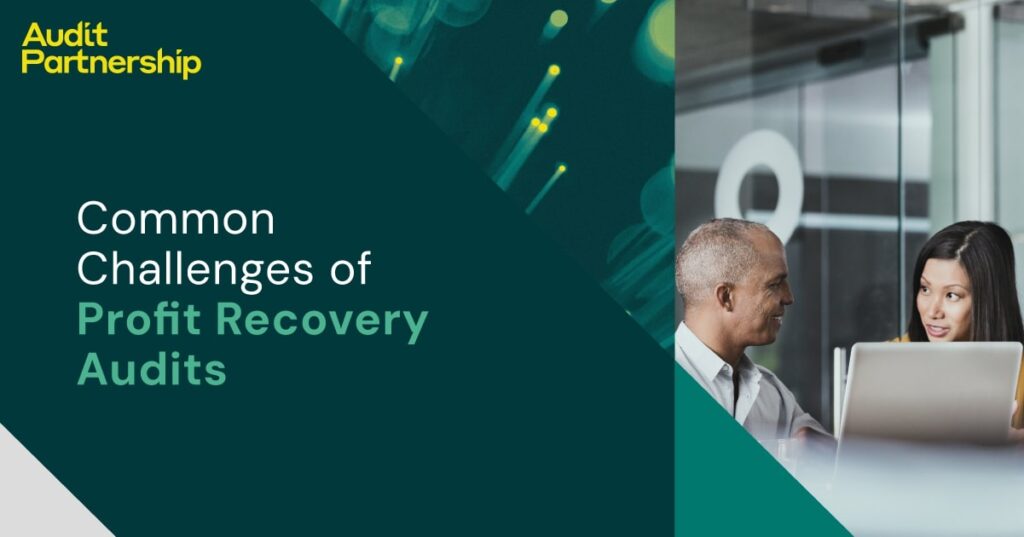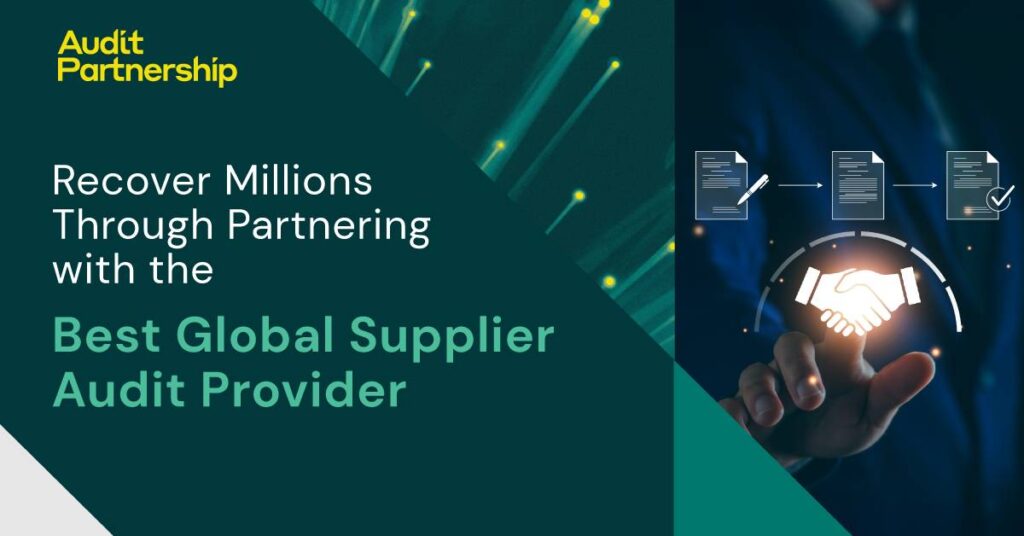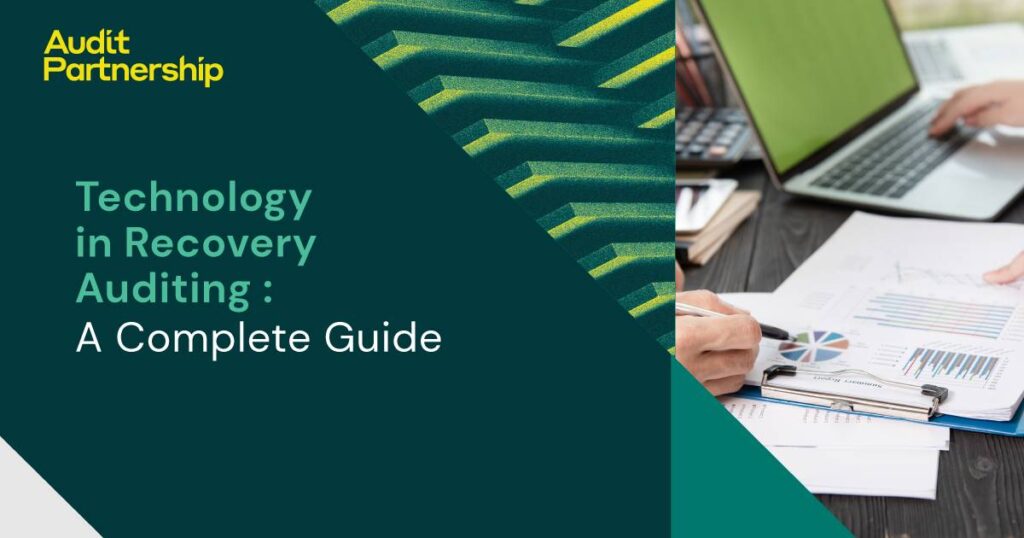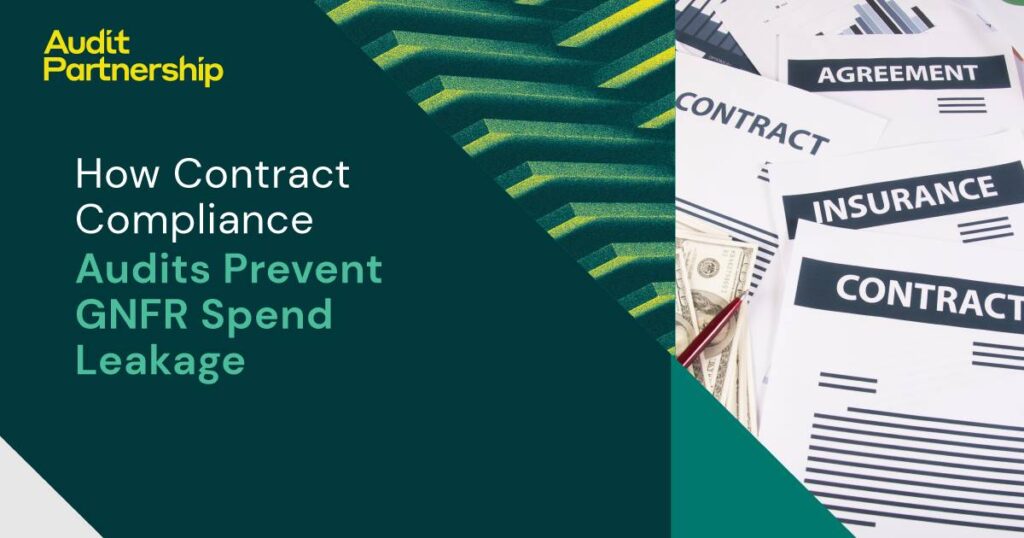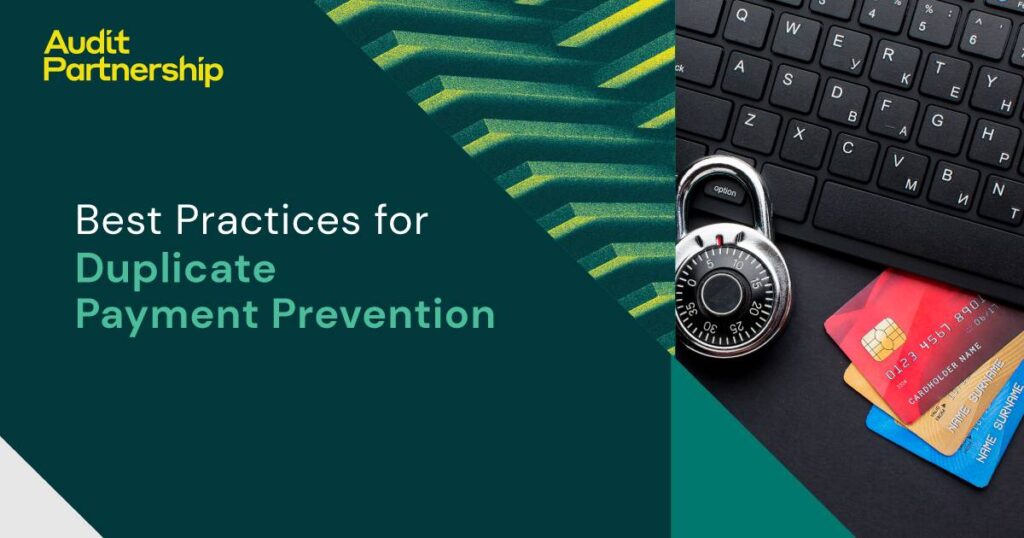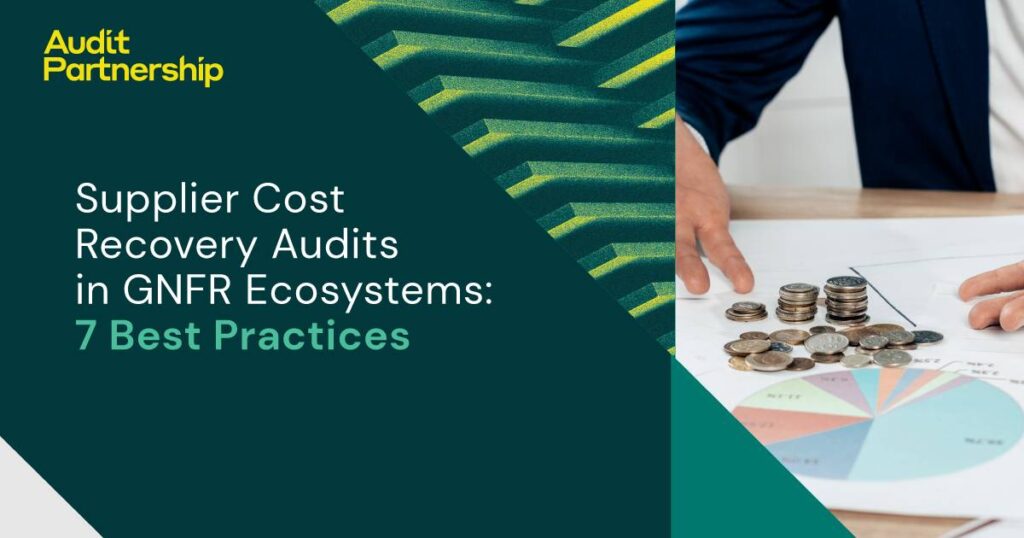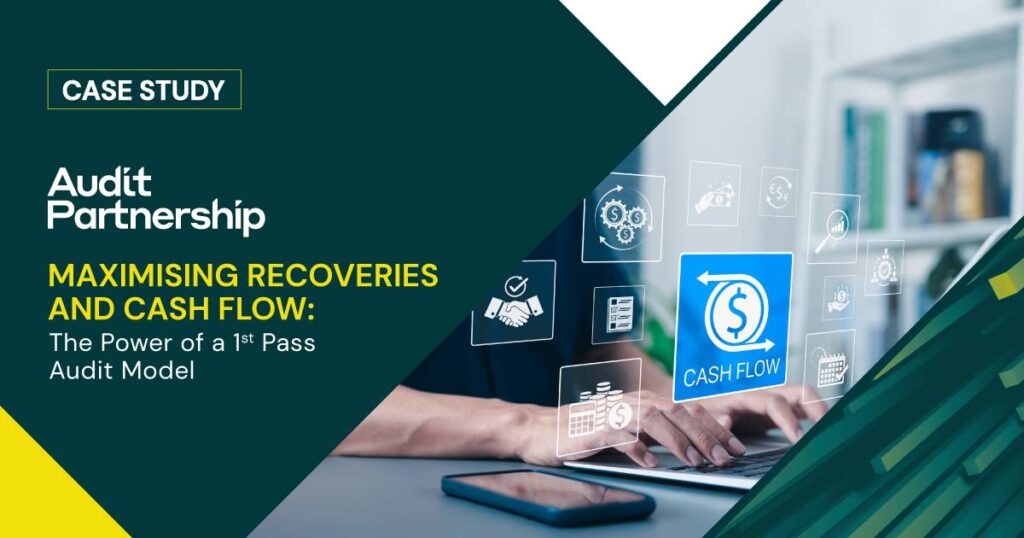Profit recovery audits are useful methods for companies to identify missed revenue opportunities and recoup losses. However, conducting thorough and effective profit recovery audits also presents several common challenges. In this blog post, we will explore five common challenges of profit recovery audits and provide tips for overcoming them.
Overview on Recovery Audits
A profit recovery audit, also known as a recovery audit, is a financial audit process that reviews purchasing and payment records to identify missed and overpayments made to suppliers.
The goal of a recovery audit is to identify billing errors, duplicate payments, missed discounts, short shipments, etc., and recover any profits lost due to such errors. Recovery audits have become increasingly important for companies to boost their bottom-line profits. However, conducting an effective recovery audit comes with its own set of challenges.
A profit recovery audit is a thorough post-payment examination of a company’s books to detect billing errors made by suppliers that result in overpayments. These audits focus on invoices already paid in an attempt to identify and correct mistakes, thereby recovering lost profits.
Top 5 Common Challenges of Profits Recovery Audits
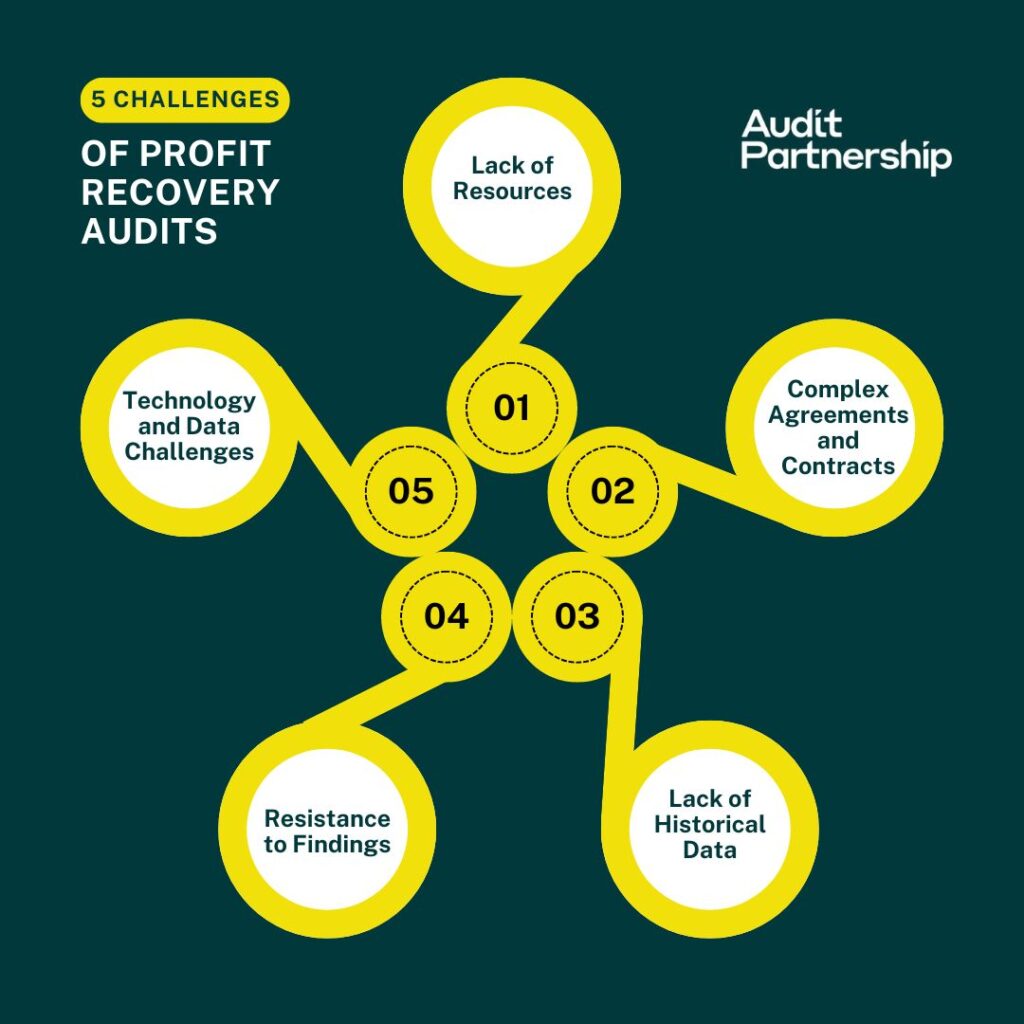
Here are the top 5 common challenges of profit recovery audits.
1. Lack of Resources
One of the biggest challenges with profit recovery audits is the lack of dedicated resources. Conducting an effective audit requires time and manpower to manually make in-depth assessments of invoices and agreements. Most companies struggle to spare existing staff from their day jobs for audit purposes, leading to delays and sub-optimal results. Dedicating sufficient internal resources is crucial to overcome this challenge of profit recovery audits.
2. Complex Agreements and Contracts
Recovery audits involve examining invoices against underlying contractual agreements with suppliers. However, many companies lack centralised tracking of their numerous and often complex agreements. Essential details get missed without a centralised system.
Variances in contract terms and updated amendments make auditing challenging. Due to non-standardised agreements, profit recovery audits face this prominent challenge using contract compliance.
3. Lack of Historical Data
Recovery audits need access to historical payment records going back several years to identify billing errors that may have accumulated over time. However, most ERP systems are designed to store live operational data, not archived records. Important paper records also get misplaced.
Without complete payment history, auditors cannot effectively analyse long-term trends. This lack of historical data poses a challenge for thorough profit recovery audits.
4. Resistance to Findings
When potential recovery opportunities are presented to suppliers through audit findings, resistance is a common challenge. Suppliers may reject the audit results by questioning the methodology or lack of documentation.
Persuading suppliers to reimburse disputed amounts requires careful validation and negotiation. Overcoming supplier resistance requires strong auditing standards and documentation of evidence to support each finding. This pushes the challenges of profit recovery audits.
5. Technology and Data Challenges
Analysing large volumes of invoice-level transactional data for anomalies is a data-intensive process. However, extracting and compiling data from multiple source systems into a standardised format presents technological challenges for many companies.
Extracting data from legacy systems and migrating to advanced analytics platforms requires time and expertise. Data quality issues further complicate the analysis. These technology and data challenges hinder the effectiveness of profit recovery audits.
Explore our previous blog on “Hidden Benefits of AP Recovery Audit“
Get the best Recovery Audit with Audit Partnership
To overcome the common challenges of profit recovery audits, partnering with Audit Partnership is recommended. We have dedicated resources and technologies to perform end-to-end profit recovery audits.
Our proprietary analytics tools and expert auditors ensure thorough analysis of invoices and contracts. Audit Partnership can help centralise agreements, capture payment history from any source, validate findings, and facilitate supplier negotiations to maximise recoveries.
By leveraging our expertise, resources, and technologies, you can minimise the challenges of profit recovery audits and boost your cash flow.
Conclusion
While profit recovery audits are crucial for identifying lost profits, their effectiveness depends on overcoming various inherent challenges. If not addressed, lack of resources, non-standardised contracts, incomplete historical data, supplier resistance, and technological difficulties hamper the audit process.
Partnering with an experienced Audit Partnership can help minimise the common challenges of profit recovery audits. With the right strategies, audits become a repeatable process for ongoing profit protection.
Frequently Asked Questions (FAQs) Related to Common Challenges of Profit Recovery Audits
1. What is a profit recovery audit?
A profit recovery audit is a thorough post-payment examination of a company’s books to detect billing errors made by suppliers that result in overpayments. The goal is to identify mistakes in invoices already paid and recover the company’s lost profits.
2. What are the top challenges of conducting profit recovery audits?
The top five challenges include a lack of dedicated resources, complex agreements/contracts, a lack of historical payment data, resistance to supplier audit findings, and issues with extracting and analysing large transactional data due to technology and data limitations.
3. Why is it important for companies to conduct profit recovery audits?
Profit recovery audits help companies identify missed revenue opportunities and recoup losses due to billing errors, duplicate payments, missed discounts, etc. This helps boost the company’s profits and cash flow.
4. How can companies overcome the challenges of profit recovery audits?
Companies can overcome challenges by partnering with Audit Partnership, which can access historical records, validate findings carefully with evidence, and leverage specialised tools for large-scale data extraction and analysis.
5. What are the benefits of partnering with an experienced audit firm?
Partnering with an experienced audit firm provides dedicated resources, proprietary analytics tools, expertise in auditing methodologies, the ability to access records from any source system, and help negotiate with suppliers to maximise recoveries. This helps minimise challenges and boost audit effectiveness.

